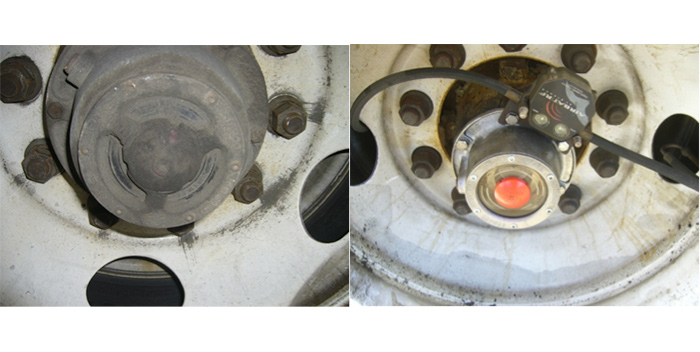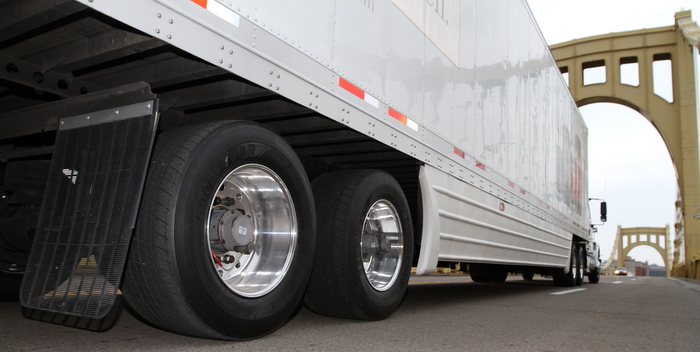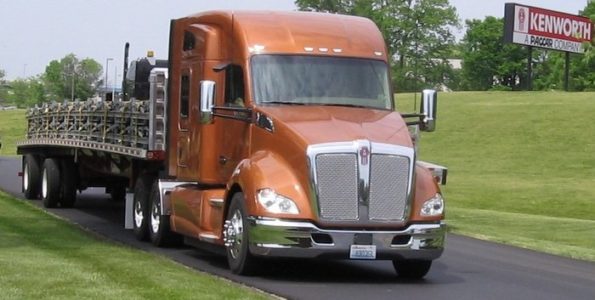As the world continues to embrace technology at breakneck speeds, we’ve assumed that most fleets have been keeping pace. Truck OEMs and IT software providers have certainly stepped up their efforts to provide the hardware and software needed for increased ease of asset tracking and driver communication, as well as monitoring vehicle systems in transit.
But, according to the results of a survey released recently by ARI, a global fleet services provider, an overwhelming majority (86%) of fleet professionals said at least half of their fleet processes could be made more efficient through technology, but less than half (44%) said they will invest in new technologies in the coming year. This gap points to a need for technology implementation across the industry as a means of increasing efficiency and decreasing costs.
“Fleet managers need technology to compete in this ever-changing industry; however, the time commitment and expense is often too high for even large fleets to take on,” said Steve Haindl, senior vice president and CIO at ARI. “Our advanced analytics technology eliminates those obstacles. We’ve already made an investment in this high-speed information processor, so our clients don’t need to. Our clients can better harness the information already available to them without a major financial or time commitment.”
However, it might be safe to assume that fleet manager hesitation does not come so much from the initial cost or start-up of IT systems in the fleet, but rather the concern over the cost of upgrading and/or replacing systems as technology continues to advance. Upgrades come at a fast pace and there is always a cost involved, resulting in not only the price of the new system, but also the cost of the time involved to implement new software/hardware and training (and retraining) the users.
Survey respondents also were asked specifically about the types of technologies they currently use. Of the options provided, not a single technology was used by more than half of those polled. Most surprisingly, only 29% are using advanced analytics to manage their fleet’s data. Of these, telematics and GPS tracking were the most widely used, with 46% of respondents saying they currently equip their vehicles with these tools. Other responses included mobile device applications (22%) and automated solutions for regulatory compliance (20%).
“It’s easy to get overwhelmed with all of the technology options and simply opt out, but information is what gives fleets an advantage over the competition and the bottom line,” said Haindl. “Don’t let the data intimidate you; learn how to interpret it and uncover potential savings.”
I would be curious to get our readers’ reactions to these survey results. What are your experiences with IT? How does—or doesn’t—it make your fleet more efficient?
Editor’s note: The survey was conducted at the NAFA Institute and Expo, and was
completed by 147 fleet professionals.









